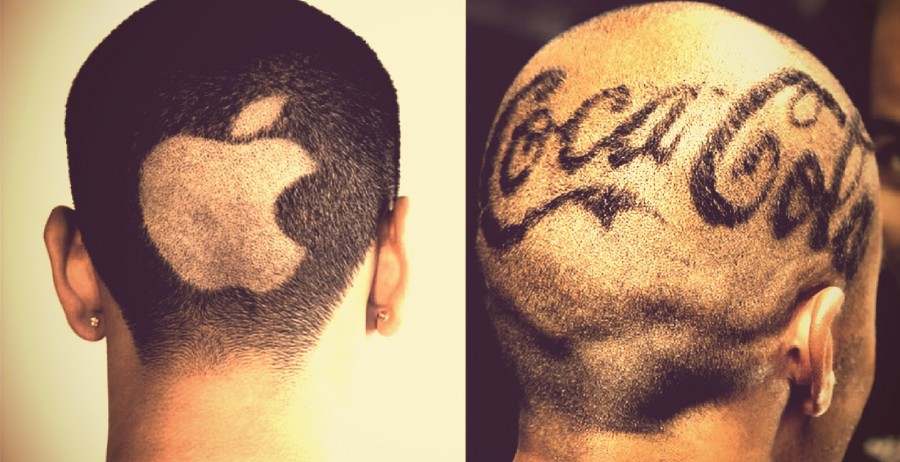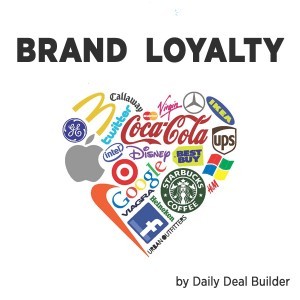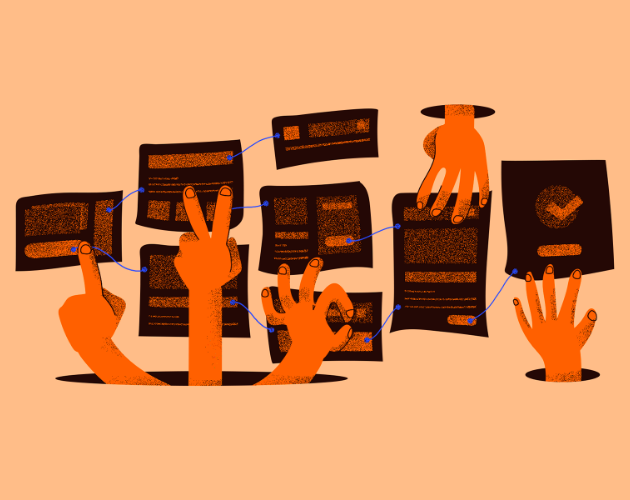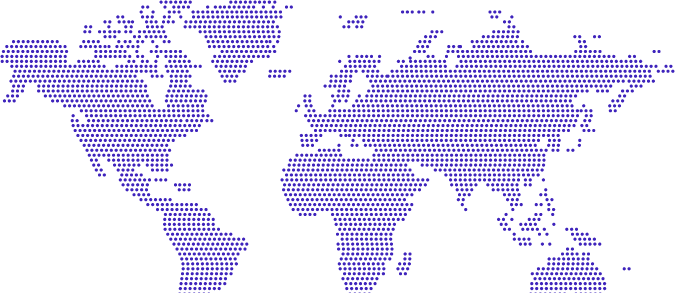According to the dictionary, loyalty evokes feelings such as sincere devotion and strong friendship. So how can these feelings be felt for a brand? Let's examine the formation of the phenomenon called Brand Loyalty through various examinations.
What is Brand Loyalty?
Brand loyalty is the name of the bond and solid communication a consumer establishes with a brand. Thus, the product will solidify its market share in the literal sense of the word and will gain the chance to gain new customers. It describes the customers' belief and trust in a brand, the prestige of being included in the social class of that brand's users, and a basket of many other added values. Every work done with brand loyalty is an investment about the customers the brand has today as well as what it plans to have tomorrow.
Different Views on Brand Loyalty
David Aaker![]()
According to David Aaker; brand loyalty is about customers' passion and commitment to a brand. Efforts to increase loyalty will both reduce the marketing costs of a brand and provide benefits such as gaining new customers. An investment for today and beyond.
Howard ve Sheth
Howard and Sheth stated that loyal consumers would be anxious to turn to other brands and would avoid purchasing rival brands. There are a few brands that we can vouch for that we are all good.
Dick ve Basu
Brand Loyalty creates positive comments that circulate by word of mouth, making it easier to win potential customers against competitive market strategies.
Factors Affecting Brand Loyalty
- Brand reputation
- Brand Expectation
- Brand Competence
- Brand Like
- Brand Experience
- Brand Satisfaction
- Trust in the Brand
- Social Approval
Many internal factors play a role, such as the first comments about your brand, your price and benefit performance, and the habits of the target audience when loyalty will first occur. Factors such as how often consumers buy these products determines how often the interaction between people and your brand will occur. You may reach out to a tea brand every two weeks, but a car brand must produce new models and advertise each year to reconnect with the consumer.
The external factor, which is effective on the same issue, is completely business-related and relatively easy to manage according to internal factors. For example, some social responsibility projects that you will carry out in a direction where the target audience of your brand is sensitive, shortening your delivery times by using your supply channels more functionally and meeting the consumer with the product without losing their excitement, external factors such as the stock status of your products and campaign management will benefit you in terms of branding and brand loyalty.
![]() Brands with the Highest Loyalty
Brands with the Highest Loyalty
According to a US-based consumer research, Apple, Starbucks and Coca-Cola were selected as the brands with the highest customer loyalty. Probably these brands would not be difficult to predict. We can all count a few of the entrenched users of these brands. Maybe we are one too. In the same survey, 87% of consumers stated that they have greater tolerance for brands they identify as loyal. So this gives Apple the luxury of making a bad phone or computer. Do you and your business have such a luxury? The same people stated that they are willing to pay more for the products of these brands than their competitors and that they will still prefer these brands even if their stores are relatively far from other stores. A customer group ready to pay more, who wouldn't want that? Apple became the first in the list of brands that cannot be lived without it. 20% of the participants, yes, one out of every five people, maybe you too.
Conclusion
We talked a lot about brand loyalty. It is impossible not to be impressed. We have clarified the brands and their loyal customers in our minds. So how do they do this? This is the subject of our next article.

 Brands with the Highest Loyalty
Brands with the Highest Loyalty

